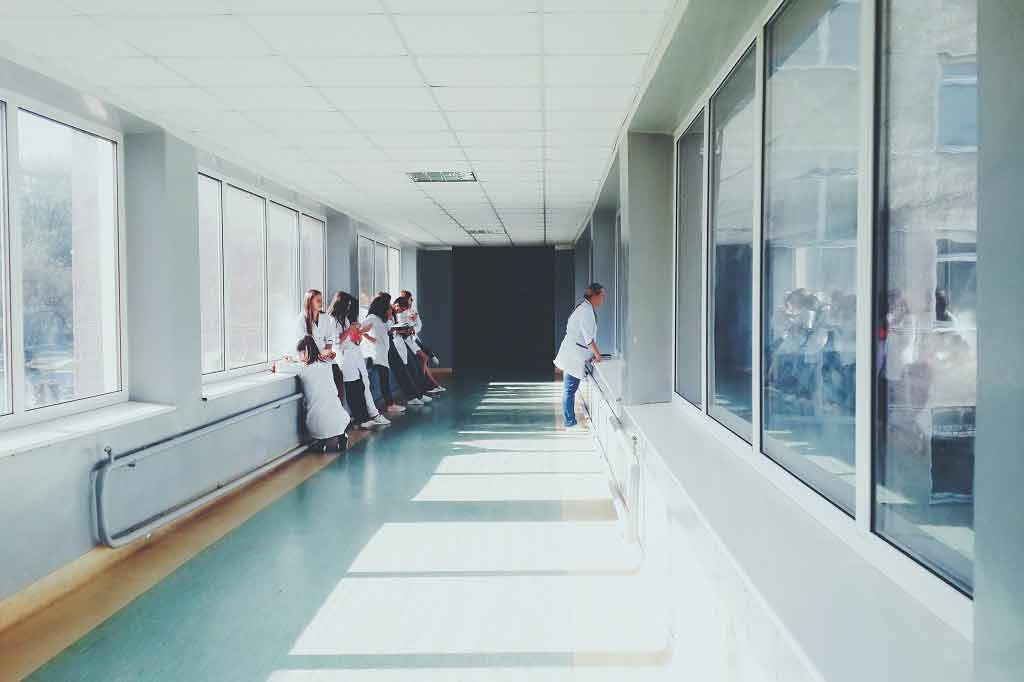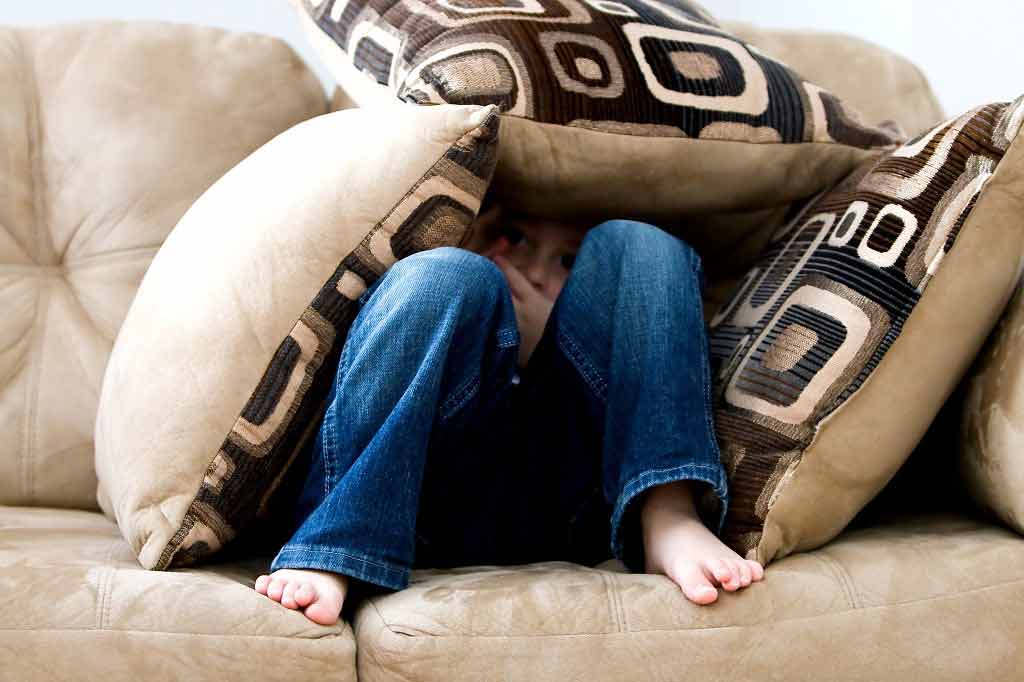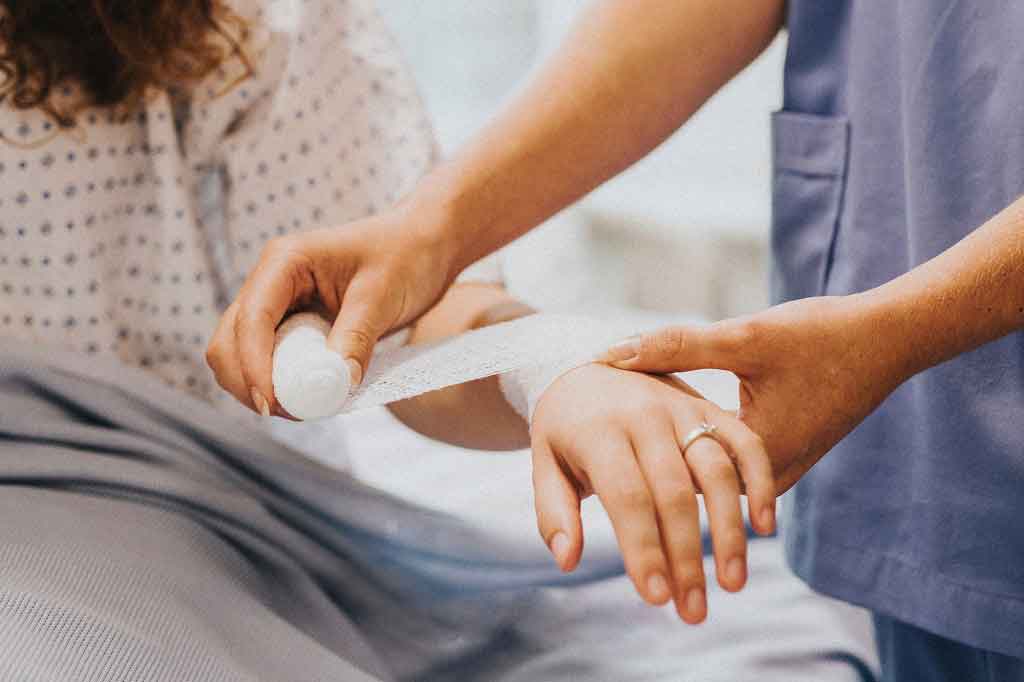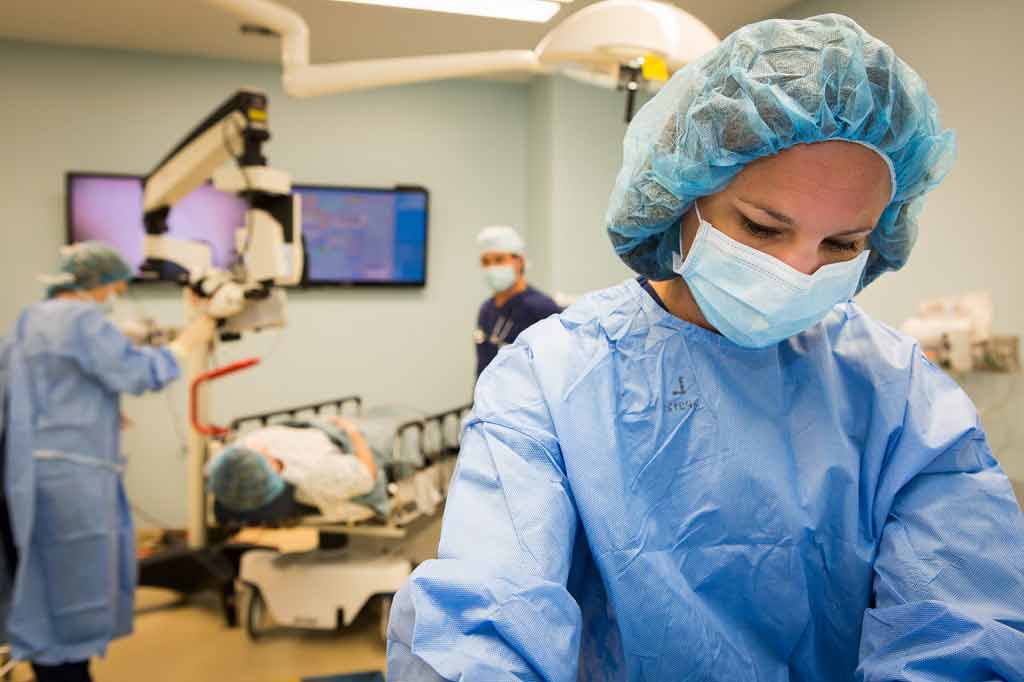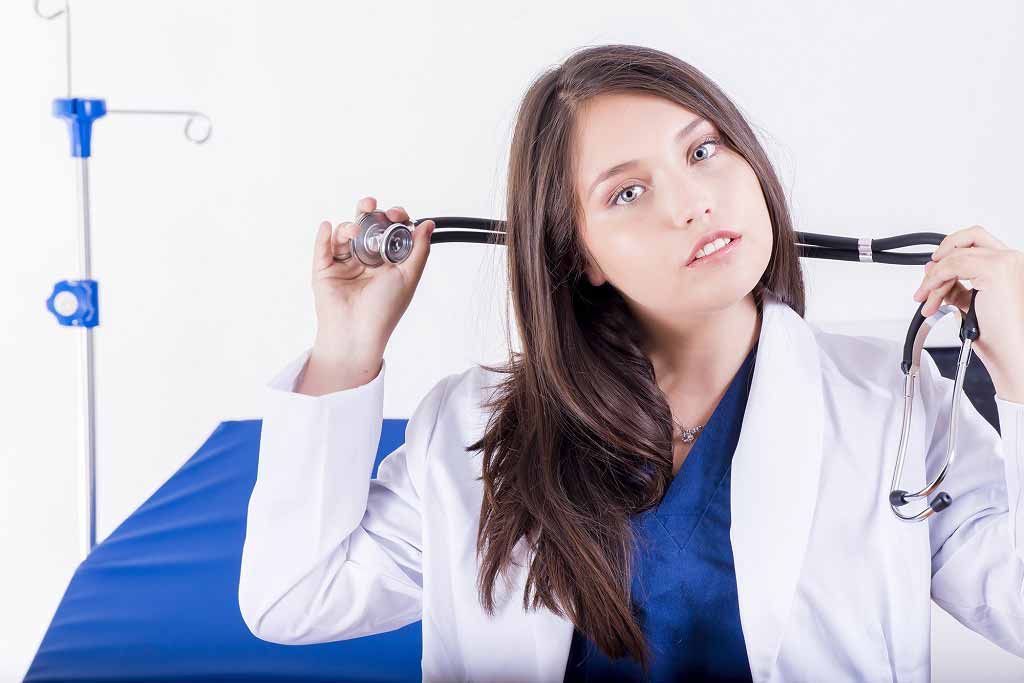Home HIV testing kits now legal in UK
Medical practice
“Kits allowing people to test themselves for HIV at home can be bought over the counter in the UK for the first time,” BBC News recently reported. The UK government has amended the law so “do it yourself” home testing kits…
“Kits allowing people to test themselves for HIV at home can be bought over the counter in the UK for the first time,” BBC News recently reported.
The UK government has amended the law so “do it yourself” home testing kits for HIV are now legal to be sold over-the-counter.
Can go I out and buy a test?
No – at least not yet. No companies have applied for a license to sell self-testing kits within the European Union. Though this is understandable as self-testing kits were previously illegal.
The charity the National Aids Trust predicts that self-testing kits will become available by late 2014 or early 2015.
Why has the law been changed?
The government hopes that the change in law will encourage more people to get tested for HIV. It is thought that as many as one in five people with HIV do not realise they are infected.
Aside from the risk of spreading the virus to others, people whose diagnosis of HIV is delayed tend to have a worse outcome. If treatment begins soon after the infection occurs then there is a much better chance of preventing complications of HIV. With prompt treatment a person with HIV can expect to have a normal life expectancy.
How will the tests work?
It is likely that any commercially available test will be based on the same principle as the OraQuick In-Home HIV Test, which was approved by the US Food and Drug Administration (FDA).
This test works by checking for antibodies for HIV, an immune response that occurs if a person is infected. The test involves taking a swab of fluid from the upper and lower gums.
The swab is then placed into a supplied tube and then after 20-40 minutes either one or two lines should appear. One line means the test is negative, two means that the test may be positive. In the event of a positive test, follow up testing, from a sexual health clinic or similar is recommended.
How reliable are the tests?
At the moment there is only reliable data available on the OraQuick In-Home HIV Test.
Data collected by the FDA suggests that the OraQuick test will produce one false positive result out of about every 5,000; that is for every 5,000 people tested, one will be incorrectly diagnosed with HIV.
More worryingly, the FDA estimates that the same test has a false negative rate of 1 in 12; that is for every 12 people who are tested, one will wrongly be given the “all-clear”.
Due to this uncertainty, current advice is to consult a healthcare worker about testing.
Can I get a HIV test anywhere else?
There are various places to go for an HIV blood test, such as:
- sexual health clinics, also called genitourinary medicine (GUM) clinics
- clinics run by charities such as the Terrence Higgins Trust
- some GP surgeries
- some contraception and young people’s clinics
- local drugs agencies
- at an antenatal clinic, if you are pregnant
- a private clinic, where you will have to pay
Home sampling kits are also available, which allow you to take a saliva sample or blood spot and send them off to a laboratory for testing.
These are available online and from some pharmacies, but you will generally have to pay for them.
How has the news been received?
Most of the reaction to the government’s change in policy has been positive. A spokesperson for the Royal Pharmaceutical Society, said: "HIV self-testing kits may help increase diagnosis by providing more choice for people who have been at risk but are reluctant to get a test in person from existing services."
Certain sections of the media have raised concerns that home testing could lead to misdiagnosis in people who lack the proper training to interpret the results of the tests.
Similar concerns were raised when home pregnancy kits were introduced and they are now a commonly accepted form of testing.
What if I test positive for HIV using a self-test kit?
It is important is that any positive test result is confirmed by a health professional, not least because if you are HIV positive you will need advice on treatment options.
And if a test proved negative that should not be taken as licence to take sexual risks or inject illegal drugs.
The most effective way to reduce your risk of HIV is to always use a condom during sex and never share needles if you are an injecting drug user. Read more about HIV prevention.
Edited by NHS Choices






 Subscribe
Subscribe Ask the doctor
Ask the doctor Rate this article
Rate this article Find products
Find products


